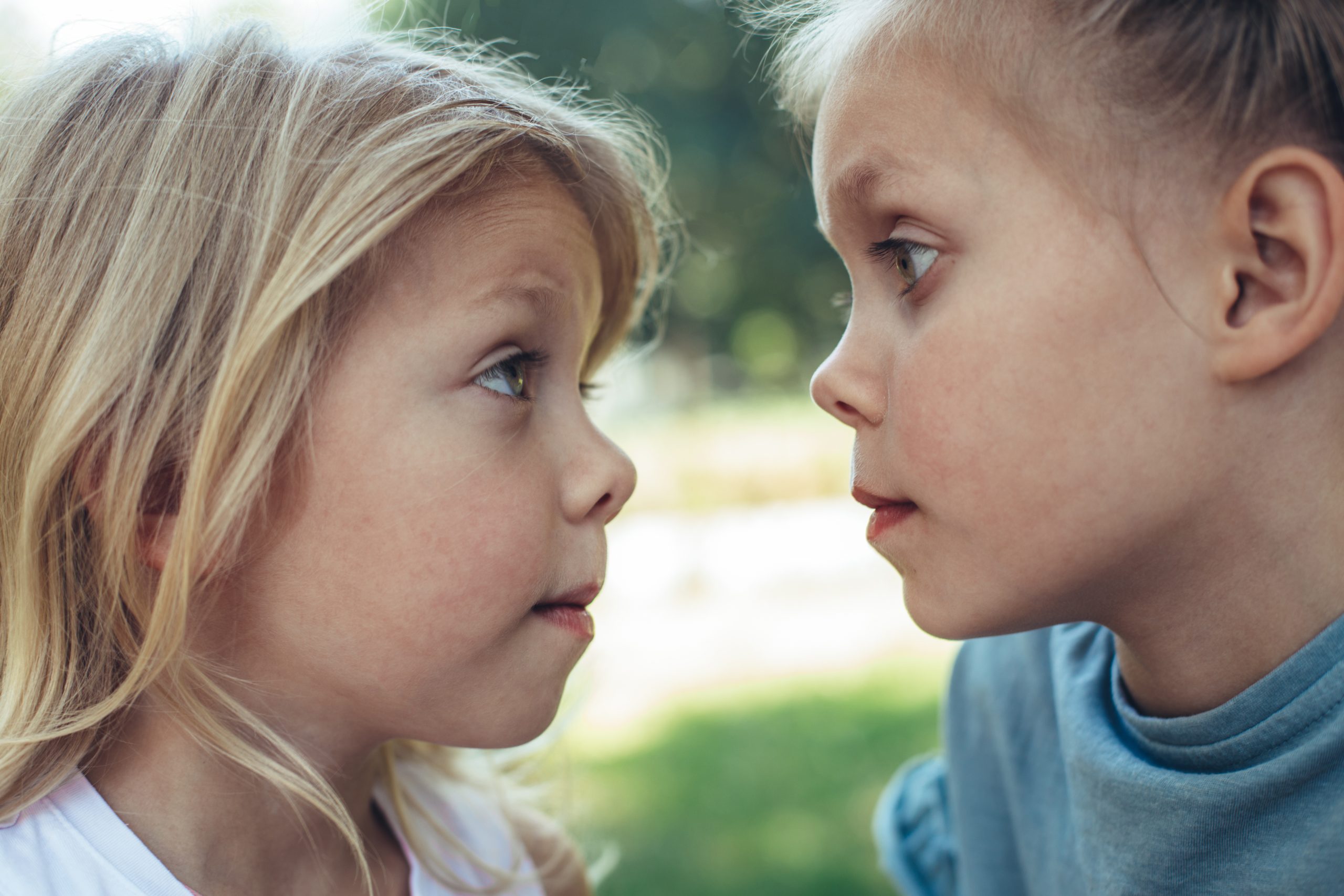
Parenting is one of the most rewarding yet challenging jobs in the world. While there’s no perfect way to raise a child, some common mistakes can negatively impact a child’s development. Unfortunately, many of these mistakes go unnoticed or unspoken, making it harder for parents to recognize and correct them. By shedding light on these overlooked missteps, we can create a healthier environment for both parents and children. Here are seven parenting mistakes that deserve more attention.
1. Over-Praising Your Child for Everything
Encouragement is essential for a child’s confidence, but too much praise can backfire. When children are constantly told they’re amazing at everything, they may struggle with constructive criticism later in life. It can also lead to a fixed mindset, where they believe their abilities are unchangeable rather than something they can improve. Instead of empty praise, focus on recognizing effort, resilience, and problem-solving skills. This helps build intrinsic motivation rather than reliance on external validation.
2. Not Allowing Kids to Experience Failure
Many parents want to shield their children from disappointment, but failure is a crucial part of growth. When children aren’t allowed to fail, they miss out on valuable lessons about perseverance and problem-solving. Overprotective parenting can lead to anxiety and a lack of confidence in tackling challenges. Instead of rescuing them, guide them through their failures and help them find solutions. Letting kids navigate setbacks will prepare them for the real world, where success often comes after failure.
3. Ignoring Your Own Emotional Well-Being
Parents often put their children first, but neglecting self-care can have long-term consequences. When parents are overwhelmed, stressed, or emotionally unavailable, children pick up on these feelings. This can lead to insecurity, anxiety, or unhealthy emotional regulation in kids. Taking care of yourself—whether through therapy, exercise, or personal time—sets a strong example for your child. A happy, emotionally balanced parent creates a stable and loving environment for their family.
4. Failing to Set Consistent Boundaries
Children need structure to feel safe, but inconsistent rules can create confusion and frustration. Some parents enforce strict discipline one day and let things slide the next, making it difficult for kids to understand expectations. Without clear boundaries, children may struggle with self-discipline and respect for authority. It’s important to set fair, age-appropriate rules and enforce them consistently. A predictable and structured approach helps children develop a sense of responsibility and self-control.
5. Using Guilt as a Parenting Tool
Guilt-tripping is often unintentional, but it can leave lasting emotional scars. Statements like “After everything I’ve done for you, this is how you act?” can make a child feel responsible for their parent’s emotions. This can lead to people-pleasing behavior and difficulty setting personal boundaries later in life. Instead of guilt, try open communication and emotional honesty. Teaching kids that their feelings and choices matter fosters a healthier parent-child relationship.
6. Comparing Your Child to Others

It’s natural to want your child to succeed, but constant comparisons can damage their self-esteem. Whether it’s a sibling, a classmate, or a family friend, children who feel they’re always being measured against others may develop anxiety and self-doubt. Each child is unique, with their own strengths and timeline for development. Celebrate their individuality and focus on their personal growth instead of external benchmarks. Encouragement should be based on their progress, not someone else’s achievements.
7. Avoiding Difficult Conversations
Many parents avoid discussing tough topics like mental health, relationships, or failure, thinking their child isn’t ready. However, silence can lead to confusion, misinformation, or feelings of isolation. Kids pick up on things sooner than we realize, and they need a safe space to ask questions. Talking openly about difficult subjects helps build trust and emotional intelligence. Start age-appropriate discussions early so your child feels comfortable coming to you when it matters most.
Parenting Mistakes
Every parent makes mistakes, and that’s okay. The goal isn’t perfection but continuous learning and growth. By recognizing these lesser-discussed pitfalls, we can make small but meaningful changes that positively impact our children. Parenting is a journey, and the more we support each other, the better we become.
What do you think about these common parenting mistakes? Have you experienced or overcome any of them? Share with us in the comments.
Read More:
When Is It Unrealistic To Expect Child Support From The Other Parent?
Why More Parents Are Charging Rent to Their Adult Children

Latrice is a dedicated professional with a rich background in social work, complemented by an Associate Degree in the field. Her journey has been uniquely shaped by the rewarding experience of being a stay-at-home mom to her two children, aged 13 and 5. This role has not only been a testament to her commitment to family but has also provided her with invaluable life lessons and insights.
As a mother, Latrice has embraced the opportunity to educate her children on essential life skills, with a special focus on financial literacy, the nuances of life, and the importance of inner peace.







